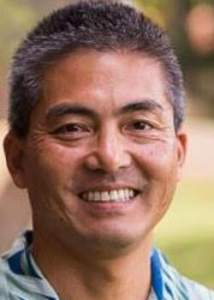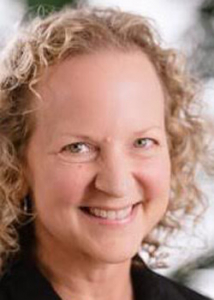
A $333,000 federal grant to develop a statewide infrastructure that identifies and works to correct existing health disparities in medication use among Hawaiʻi’s Indigenous populations has been awarded to faculty at the University of Hawaiʻi at Hilo Daniel K. Inouye College of Pharmacy (DKICP). The grant is through the Minority Research Grant Program of the Centers for Medicare & Medicaid Services Office of Minority Health (CMS OMH), which is part of the U.S. Department of Health and Human Services.


“The goal is to develop a brief screening tool that can be used by pharmacists to better address potential medication adherence barriers in these patients when treating chronic disease,” said Wesley Sumida, an associate professor at UH Hilo’s pharmacy college. “We will be utilizing these results in our work funded by this new grant.”
Sumida is co-investigator of the new project, along with Karen Pellegrin, director of continuing and distance education and strategic planning at DKICP.
“In a previous research project funded by the CMS Innovation Center, called the Pharm2Pharm project, we demonstrated that pharmacists are essential to achieving higher quality, lower cost care in Hawaiʻi,” explained Pellegrin.
Research compiled by Sumida through the UH Center for Pacific Innovations, Knowledge and Opportunities or PIKO seeks to understand critical factors related to medication non-adherence in Native Hawaiian and Pacific Island patients with diabetes and heart disease. The research team aims to incorporate his findings into the newly funded project.
UH is one of three minority-serving institutions receiving a CMS OMH grant, which is awarded to help advance health equity affecting racial and ethnic minority groups, people with disabilities, members of the lesbian, gay, bisexual, transgender and queer community, individuals with limited English proficiency, those residing in rural areas, and those adversely affected by persistent poverty or inequality.
For more go to UH Hilo Stories.


